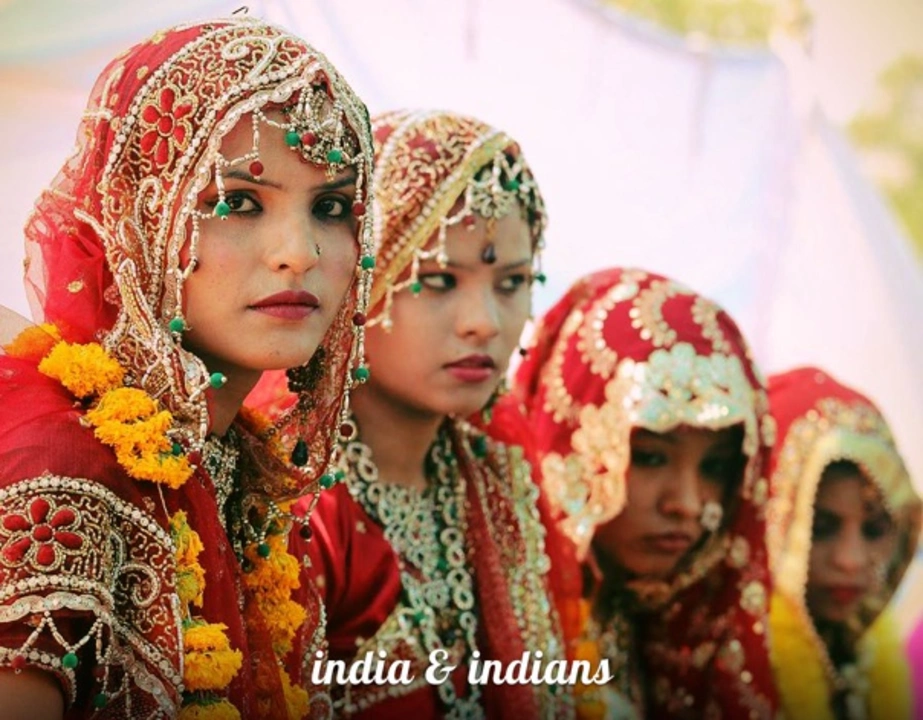Ever wonder why a joke lands in Delhi but falls flat in Bangkok? That’s cultural differences at work. They’re the quiet rules that guide how we talk, what we eat, and even how we celebrate. Knowing them can save you awkward moments, help you connect better, and open doors you didn’t know existed.
In India, you’ll hear the word “respect” used in many ways – from greeting elders with a touch of the forehead to staying quiet when someone senior is speaking. Across the street in Thailand, respect is shown by the classic wai and by keeping a calm smile, even in a bustling market. Both cultures value respect, but the gestures are totally different. Spotting those little clues makes all the difference when you’re traveling or working with people from another background.
First off, they affect communication. A direct “no” in the West can be seen as rude in India, where people often soften the answer with “maybe” or “let's think about it.” Misreading that can leave you stuck waiting for a decision that never comes. Second, they shape expectations at work. Indian teams might prefer group harmony over ruffling feathers, while Western teams push for individual accountability. Knowing which style your teammates use helps you set realistic deadlines and avoid blame games.
Beyond business, cultural quirks influence daily life. Take food habits: many Indian families avoid beef for religious reasons, while in some Asian countries pork is a staple. If you’re planning a dinner, checking dietary preferences beforehand shows you care and avoids an empty plate.
One of our popular posts asks, "What do Thai people think about India and Indians?" The answer is a mix of admiration for Bollywood, curiosity about Indian philosophy, and a playful take on traffic chaos. It shows how a neighboring nation can see India through a lens of pop culture and shared history.
Another example comes from a piece about Indians living in Canada. It highlights how immigrants blend Indian family values with Canadian openness, creating a hybrid lifestyle that respects both traditions. Readers love seeing that balance – it proves cultural differences aren’t barriers, they’re bridges you can walk across.
Even the media scene reflects differences. A post about the first Indian newspaper to go online (The Times of India in 1996) contrasts the early digital push in India with how Western outlets were already streaming news. Seeing the timeline helps you appreciate why some Indian platforms still favor print‑heavy formats while others sprint ahead with apps.
Our coverage of legal quirks, like the ITR filing deadline, may seem purely technical, but it’s also cultural. The stress around a September 15 deadline shows how Indian taxpayers juggle government bureaucracy with personal finances, a rhythm that differs from countries with year‑end tax cycles.
All these stories prove that cultural differences are everywhere – in opinions, habits, tech adoption, and even tax dates. The trick is to notice them, ask questions, and adapt. Next time you meet someone from a different background, try swapping a simple “how do you celebrate holidays?” instead of assuming you know the answer. You’ll likely discover a new tradition, a fresh recipe, or a surprising similarity that brings you closer.
Bottom line: cultural differences aren’t obstacles, they’re clues. Spot the clues, respect the rules, and you’ll move smoother through work, travel, and friendships. Ready to put that knowledge to use? Start with one conversation today and see how quickly the world feels smaller.

Being an Indian in Finland has been a unique and enriching experience for me. The Finnish people are incredibly warm and welcoming, making it easy to adapt to their culture and lifestyle. While the cold weather and language barrier can be challenging, I have found ways to overcome these obstacles and embrace my new home. I appreciate the work-life balance and emphasis on nature in Finland. Overall, it has been a rewarding journey and I look forward to learning more about this beautiful country.